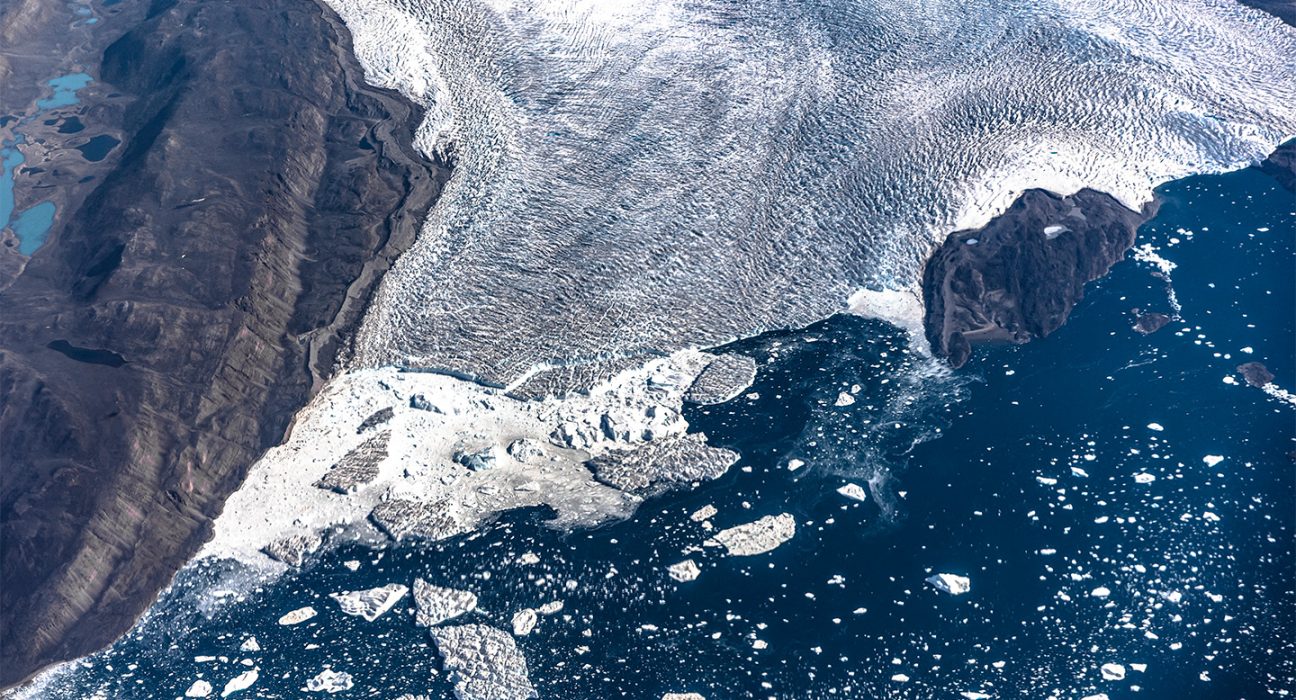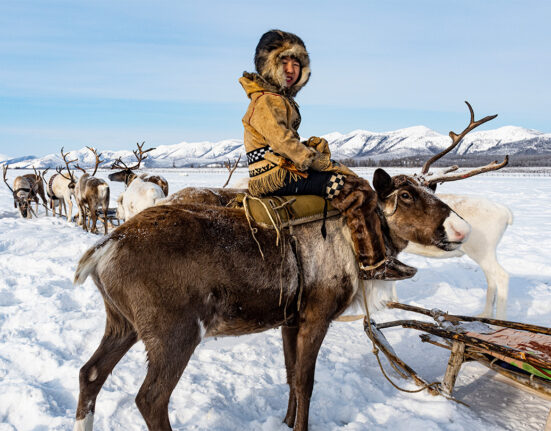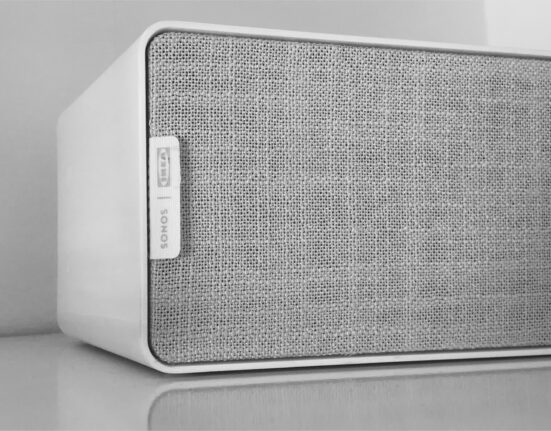Antarctica: A continent mostly covered in ice, which sits in the southernmost part of the world.
atomic clock: A timekeeping device that relies on the frequency of microwave emissions from excited atoms. For example, for the cesium atom that frequency is 9,192,631,770 hertz (or cycles/oscillations per second). Many common devices including cell phones, computers and GPS-satellite receivers rely on the high accuracy of atomic clocks to regularly reset their time (known as synchronization).
Coordinated Universal Time, or UTC: It’s the successor to Greenwich Mean Time (the former standard for time). UTC is the time set at some location. Greenwich, England, for instance, is UTC-0. Other time zones are measured by how many hours their clocks (or time) vary from UTC-0. Greenwich Mean Time was a 24-hour system that went from midnight one day to midnight the next day. In contrast, UTC can also be measured from noon to noon.
core: Something — usually round-shaped — in the center of an object. (in geology) Earth’s innermost layer.
drag: A slowing force exerted by air or other fluid surrounding a moving object. It involves friction. But unlike simple friction, it increases with an object’s speed.
earthquake: A sudden and sometimes violent shaking of the ground, sometimes causing great destruction, as a result of movements within Earth’s crust or of volcanic action.
factor: Something that plays a role in a particular condition or event; a contributor.
friction: The resistance that one surface or object encounters when moving over or through another material (such as a fluid or a gas). Friction generally causes a heating, which can damage a surface of some material as it rubs against another.
Greenland: The world’s largest island, Greenland sits between the Arctic Ocean and North Atlantic. Although it is technically part of North America (sitting just east of Northern Canada), Greenland has been linked more politically to Europe. Indeed, Vikings arrived in Greenland around the 10th century, and for a time the island was a colony of Denmark. In June 2009, Greenland became an independent nation. Ice covers roughly 80 percent of Greenland. Indeed, the Greenland ice sheet is the world’s largest. If its frozen water were to melt, it could raise sea levels around the world by 6 meters (about 20 feet). Although this is the 12th biggest nation (based on surface area), Greenland averages the fewest people per square kilometer of its surface area.
ice sheet: A broad blanket of ice, often kilometers deep. Ice sheets currently cover most of Antarctica. An ice sheet also blankets most of Greenland. During the last glaciation, ice sheets also covered much of North America and Europe.
magnitude: (in geology) A number used to describe the relative size of an earthquake. It runs from 1 to more than 8 and is calculated by the peak ground motion as recorded by seismographs. There are several magnitude scales. One of the more commonly used ones today is known as the moment magnitude. It’s based on the size of a fault (crack in Earth’s crust), how much the fault slips (moves) during a quake, and the energy force that was required to permit that movement. For each increase in magnitude, an earthquake produces 10 times more ground motion and releases about 32 times more energy. For perspective, a magnitude 8 quake can release energy equivalent to detonating 6 million tons of TNT.
mass: A number that shows how much an object resists speeding up and slowing down — basically a measure of how much matter that object is made from.
oceanography: (adj. oceanographic) The branch of science that deals with the physical and biological properties and phenomena of the oceans. People who work in this field are known as oceanographers.
satellite: A moon orbiting a planet or a vehicle or other manufactured object that orbits some celestial body in space.
standards: (in research) The values or materials used as benchmarks against which other things can be compared. For instance, clocks attempt to match the official standard benchmark of time — the second, as calculated by the official atomic clock. Similarly, scientists look to identify a chemical by matching its properties against a known standard for a particular chemical.
strategy: A thoughtful and clever plan for achieving some difficult or challenging goal.
system: A network of parts that together work to achieve some function. System can even be applied to the processes or ideas that are part of some method or ordered set of procedures for getting a task done.













